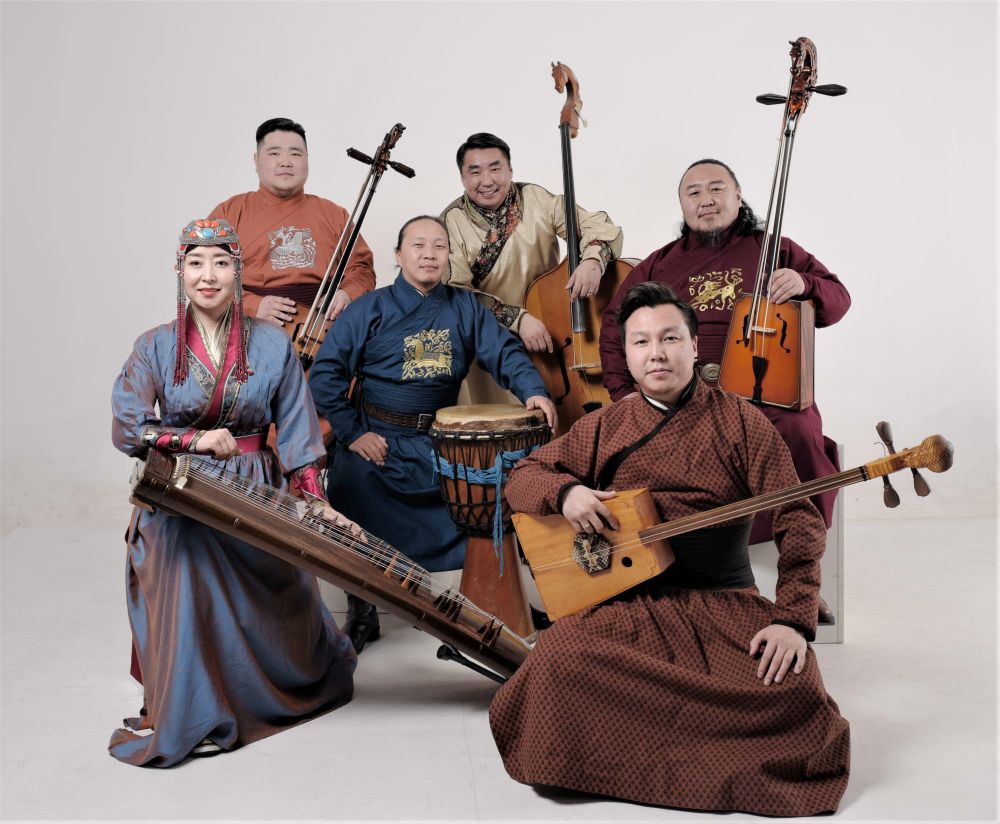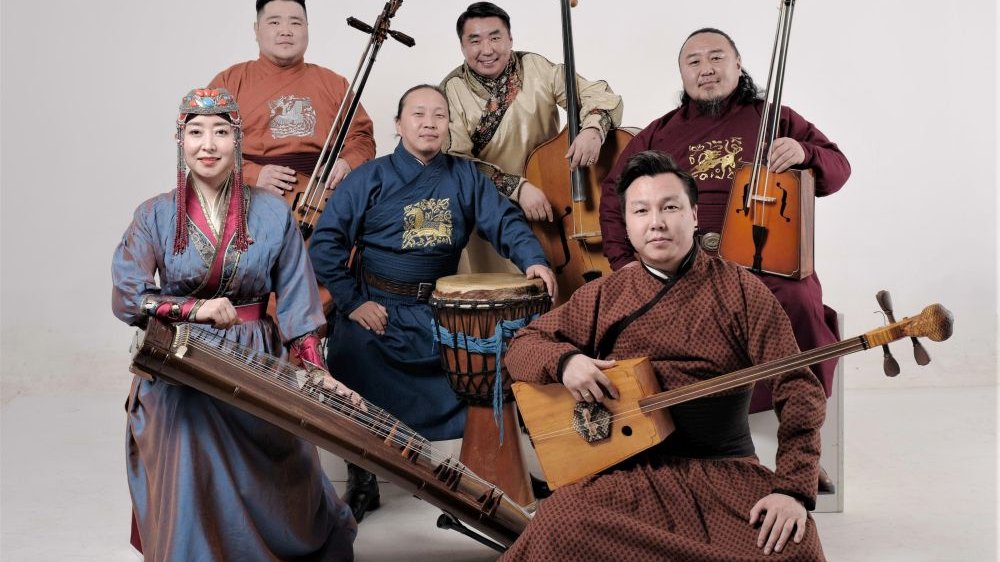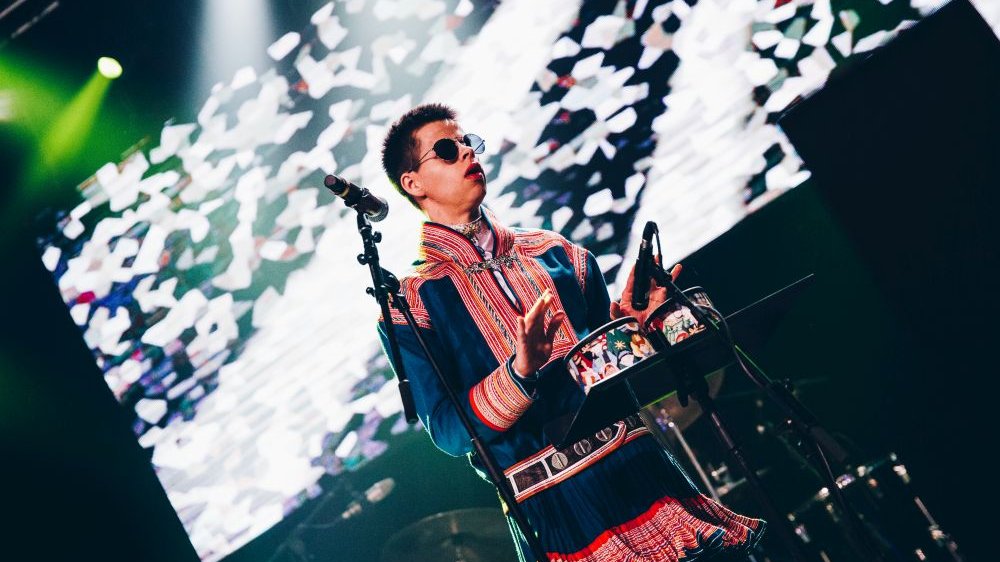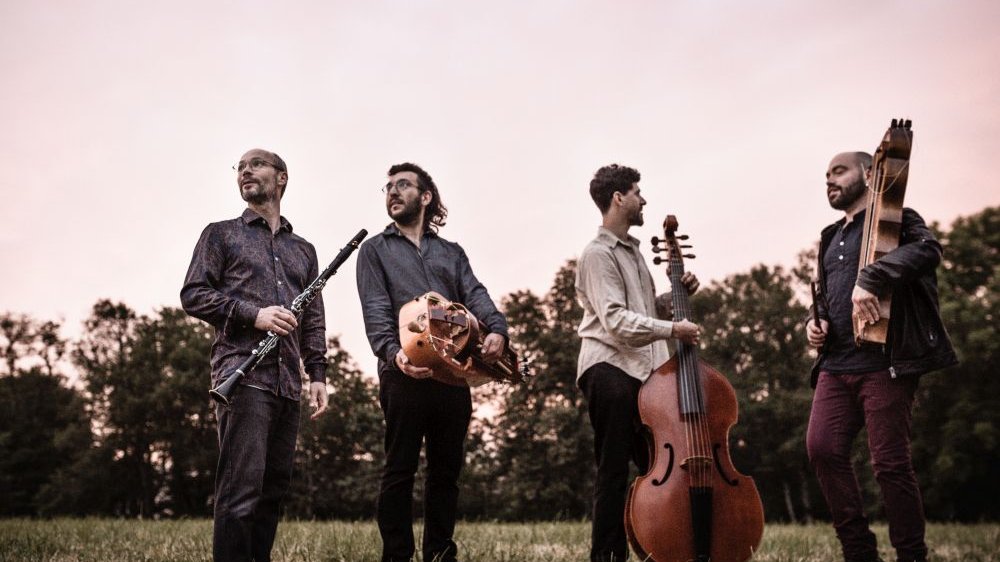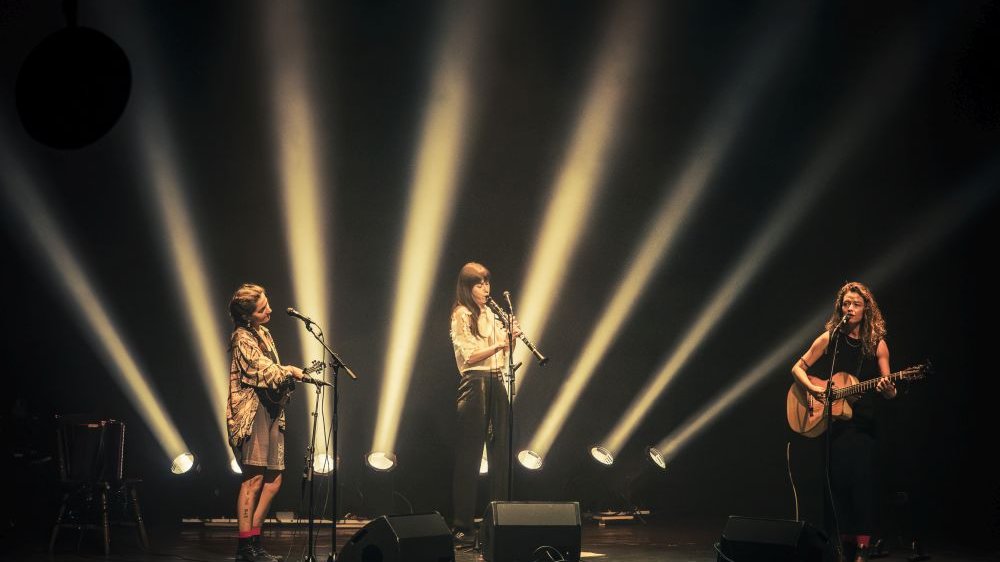When the first Ethno Port Poznań festival started several years ago, many attendees saw it primarily as an intriguing opportunity to experience unique and (I'm not a fan of this word) exotic music from around the globe. Today, in a world torn by tribal animosities and imperial ambitions, a festival like this seems especially significant. A pragmatist might ask: what could such a festival possibly do for a world spiralling towards chaos? The answer is straightforward: there can never be too much goodness, kindness, empathy, curiosity, and tolerance, all of which are integral core values of Ethno Port and a part of its DNA. The event also offers an abundance of great music and fun. Just as last year, it will be held at the Zamek (Castle) Cultural Centre (Grand Hall, Castle Courtyard), and in Park Mickiewicza, which has proven to be an excellent concert venue.
Performances by artists from Asia promise to be fascinating. Poznań will welcome the Korean band Samulnori Hanmac. The fans who remember the impressive concert of the famous Mongolian ensemble Yat-Kha and, outside Ethno Port, the legendary Huun-Huur-Tu from Tuva, won't need convincing to see the Mongolian band Khusugtun, which will showcase the famous Mongolian throat singing accompanied by acoustic instruments. Another notable highlight, Deobrat Mishra, is an exceptional sitar player from India. Deobrat will perform alongside his nephew, Prashant Mishra, on the tabla, under the name Music of Benares.
Great folk music also comes from our nearby regions. Serbian Reja from Lusatia, Basque Haratago from France, and Macedonian Džambo Aguševi Orchestra will present European interpretations of tradition. The lineup also includes the trio Las Lloronas, composed of artists from Spain, Belgium and Germany, and the renowned Norwegian band Gabba. Its members blend the vocal joik tradition of the Saami people (familiar to Poznań audiences from Mari Boine's performances) with elements of desert blues, American folk, and jazz.
Finally we turn our attention to Africa, a continent that has always produced great performers. This time, we'll be treated to the sounds of the BCUC band from South Africa and Abaim from the island of Mauritius. BCUC blends southern African traditions with electronic, pop, and dub, creating a highly engaging modern sound. Meanwhile, Abaim's members come from different generations and are passionate about promoting their own cultural heritage.
This year's lineup of Polish folk artists will be robust and captivating. Audiences are sure to be enthralled by Tęgie Chłopy, an esteemed folk ensemble featuring artists known from bands like Warszawa Wschodnia, Lautari, Janusz Prusinowski Kompania, Maniucha, and Ksawery. With a name inspired by peasant tradition, they bring lively, danceable tunes from the eastern Kielce region. Another must-see is the Suferi trio, led by the acclaimed violinist Kacper Malisz. This trio won an award at last year's True Musicians Tournament and performed at the mid-May Nowa Tradycja (New Tradition) festival. Kacper Malisz himself clinched the top prize in the prestigious Zbigniew Seifert violin competition. He's familiar to audiences from the remarkable family band Kapela Maliszów, and his own quintet. Lastly, the festival stage will host the Michalove trio, hailing from the village of Michałowo in the Pomerania region of Poland. They deliver exceptional interpretations of Ukrainian folk songs, drawing deeply from their own family traditions.
For more Polish music, don't miss two special international projects debuting new material at the festival. Both projects build on events from last year's Ethno Port. One is a performance by the Polish-Ukrainian Skovoroda Choir, led by Maciej Rychły. The other is Common Routes, expected to bring artists from Belarus, France, Iran and Poland, including Malwina Paszek, who is well known to Poznań audiences.
But the festival isn't only about concerts. It also offers numerous workshops, meetings and other attractions. For specific dates, venues, and the detailed concert schedule, check the Ethno Port website and social media.
Tomasz Janas
translation: Krzysztof Kotkowski
Ethno Port Poznań
Zamek (Castle) Cultural Centre
20-23 June
For more, see ethnoport.pl
© Wydawnictwo Miejskie Posnania 2024
